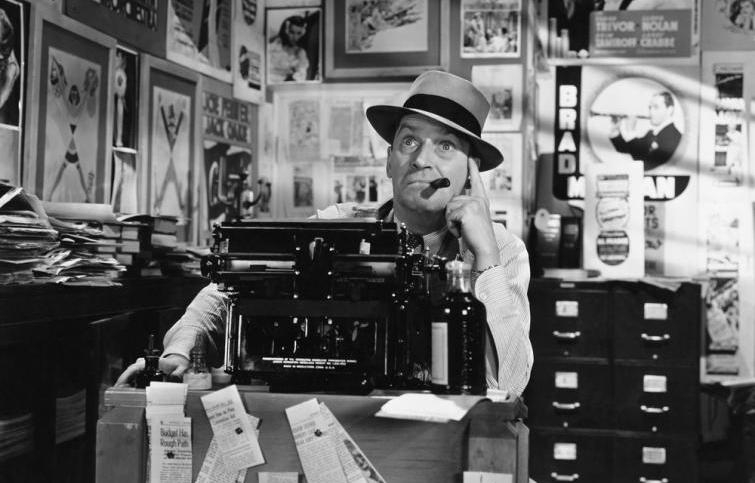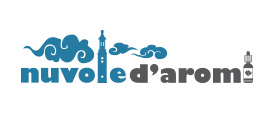How to write in perfect journalistic style

Journalistic writing has a clear purpose: to capture the attention of readers on a website, a television channel, or in print. This allows media owners to generate revenue, largely from advertising sales.
Historically, newspapers did not make most of their profits from selling copies, but rather from advertising. For example, in the early 1900s, the entire front page of The Times in London was dedicated to advertising, not news. News and stories serve as a 'hook' to attract readers and satisfy advertisers.
Journalists, therefore, must not only identify stories of interest but also narrate them in an engaging way to attract and retain readers' attention. This is why it is very beneficial for all writers.
What is the Style of Journalistic Writing?
Journalistic writing typically requires transforming verbose prose and unnecessary jargon into direct and relevant sentences.
The utmost priority in journalism is to inform readers. While certain articles may be entertaining, this does not come at the expense of presenting facts.
Journalistic writing often follows a pattern where the most important news, called the 'lede,' is presented upfront, immediately clarifying to readers why they should care about the story and providing them with the key facts. This approach can differ from other writing styles that adopt a more gradual narrative construction.
Learning this style of writing can significantly enhance your writing skills overall, regardless of your future career in journalism.
Types of Journalistic Writing
There are five main types of journalistic writing:
1. Investigative Journalism
Aims to uncover the truth about a topic, person, group, or event. It often requires in-depth research through interviews, investigations, and analysis to answer crucial questions.
2. News Reporting
Presents facts as they emerge, with the goal of providing objective information about current events in a clear and concise manner.
3. Feature Writing
Offers a deeper perspective on events, people, or topics, providing a fresh outlook. While it may seek to discover new information, it mainly focuses on providing additional details.
4. Editorials
Represent the author's personal opinions, designed to entertain, persuade, and sometimes provoke discussions. They are often controversial.
5. Reviews
Describe a topic objectively and then offer a personal opinion about it. They often relate to books or television programs when published in the media.
Why You Should Learn to Write in a Journalistic Style
Mastering journalistic writing can enrich your writing skills, even if you do not intend to become a professional journalist.
Journalists must not only present the facts of a story but do so in a way that motivates readers to follow them with interest.
This gives you a unique perspective compared to other forms of writing. As a journalist, your constant thought will be, "How can I capture the readers' attention with this story?" This approach can help you tailor any type of writing to engage readers, placing their needs at the forefront rather than your writerly thoughts.
Learning to write like a journalist will also help you evaluate your writing to identify unnecessary parts and understand how to present your story in a way that immediately grabs and sustains attention.
The Importance of Objectivity
It is essential to distinguish between facts and opinions in all types of journalistic writing. While journalists have the right to express their opinions, it is crucial to clearly separate them from objective facts.
In news, investigative journalism, or articles, readers typically seek objective information. Opinions belong in columns or reviews.
How to Write Like a Journalist
1. Learn to Conduct Thorough Research and Outline Key Points
The first step in learning to write like a journalist is acquiring research skills. In quality journalism, every piece starts with a solid research foundation.
If you're writing a fictional story, your research might involve gathering details about characters and the story's world.
2. Identify Crucial Information
In journalism, always start with the most relevant information and details that readers should know. Regardless of the type of story, understanding the key point to capture and maintain readers' attention is crucial.
3. Introduce with an Engaging Lead
Begin every journalistic piece with a 'lead,' which is a summary of the most important facts of the story, answering the classic five questions: who, what, where, when, and why. This practice is a solid starting point for any type of writing as it helps present the story's foundation clearly.
4. Consider the Headline
Think about the headline, which should summarize the story in a few words to capture attention.
5. Inverted Pyramid Structure
Organize the story following a structure where the most important information is presented upfront, followed by additional details and insights. This allows readers to obtain the main information quickly.
6. Trim Excess Elements
One of the key lessons from journalistic writing is the art of cutting verbosity from your writing. This might involve trimming irrelevant character details in fiction, subplots that don't contribute to the main narrative, or verbose sentences that can be condensed. Learn to spot and reduce excessive filler.
7. Maintain Reader Engagement
While journalistic writing provides a lot of information upfront, it is essential to keep readers engaged, especially in longer pieces. In addition to the main details, you can gradually introduce additional information, backgrounds, and details as the story unfolds.
8. Study the Best Journalistic Articles
One of the best strategies to learn how to write in a journalistic style is to read high-quality journalistic articles. You can explore acclaimed pieces from all times, examine articles from prestigious news outlets, or even subscribe to a local newspaper to follow events in your community.
9. Become a Rigorous Editor
As mentioned earlier, the practice of trimming the excess is essential. Go back to your completed piece and aim to refine it further. Good journalism often relies on effective editing. Be willing to cut parts of your writing, even if you're particularly attached to them, if it enhances the overall quality of the piece.
Journalistic Writing Style
Journalistic writing is characterized by specific features, including:
- Short Sentences: Short sentences are preferred as they make the text more readable and understandable.
- Active Voice: The use of active voice ("he did x") is common because it is direct and concise.
- Quotations: Direct quotes from people involved in the story are frequent and contribute to bringing the narrative to life.
- Style Guidelines: Many publications have style guidelines that dictate the use of specific styles or conventions.
In conclusion, journalistic writing is an art that aims to inform, engage, and entertain the audience through fact-based stories. By following a rigorous process and adhering to the conventions of journalistic style, you can create informative and captivating content.
When you subscribe to the blog, we will send you an e-mail when there are new updates on the site so you wouldn't miss them.
By accepting you will be accessing a service provided by a third-party external to https://www.insightadv.it/


































































Comments